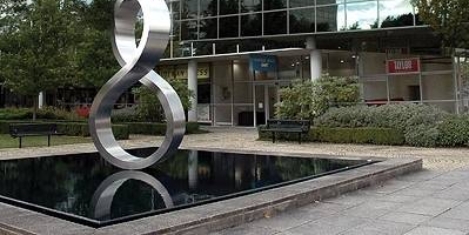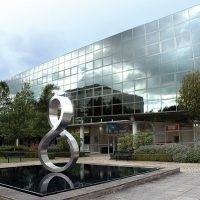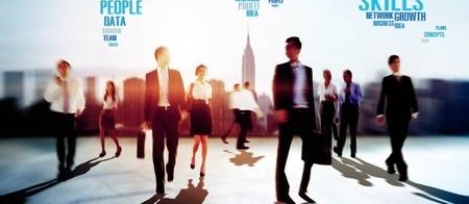November 2, 2016
Employers increased focus on wellbeing lacks adequate training and support 0
 Nearly half (46 percent) of employers say that their organisation has increased its focus on wellbeing over the last 12 months; and when asked the reasons for this, 63 percent of respondents to the 2016 CIPD/Simplyhealth Absence Management Survey said they want their organisation to be a great place to work, 47 percent said their organisation believes employee well-being is linked to business performance, and 43 percent said their organisation believes it’s the right thing to do. Additionally, nearly two-fifths (37 percent) of organisations that invest in wellbeing say they have increased their well-being spend over the last twelve months and almost two-thirds (64 percent) have improved communications to staff about the wellbeing benefits on offer and how to access them. However, the survey found that while more employers are recognising the value of line managers in managing absence at work, they are not giving them the tools and support necessary to do it effectively.
Nearly half (46 percent) of employers say that their organisation has increased its focus on wellbeing over the last 12 months; and when asked the reasons for this, 63 percent of respondents to the 2016 CIPD/Simplyhealth Absence Management Survey said they want their organisation to be a great place to work, 47 percent said their organisation believes employee well-being is linked to business performance, and 43 percent said their organisation believes it’s the right thing to do. Additionally, nearly two-fifths (37 percent) of organisations that invest in wellbeing say they have increased their well-being spend over the last twelve months and almost two-thirds (64 percent) have improved communications to staff about the wellbeing benefits on offer and how to access them. However, the survey found that while more employers are recognising the value of line managers in managing absence at work, they are not giving them the tools and support necessary to do it effectively.





























October 19, 2016
Where are zero hours contracts and the gig economy taking us? 0
by Mike James • Comment, Flexible working
(more…)